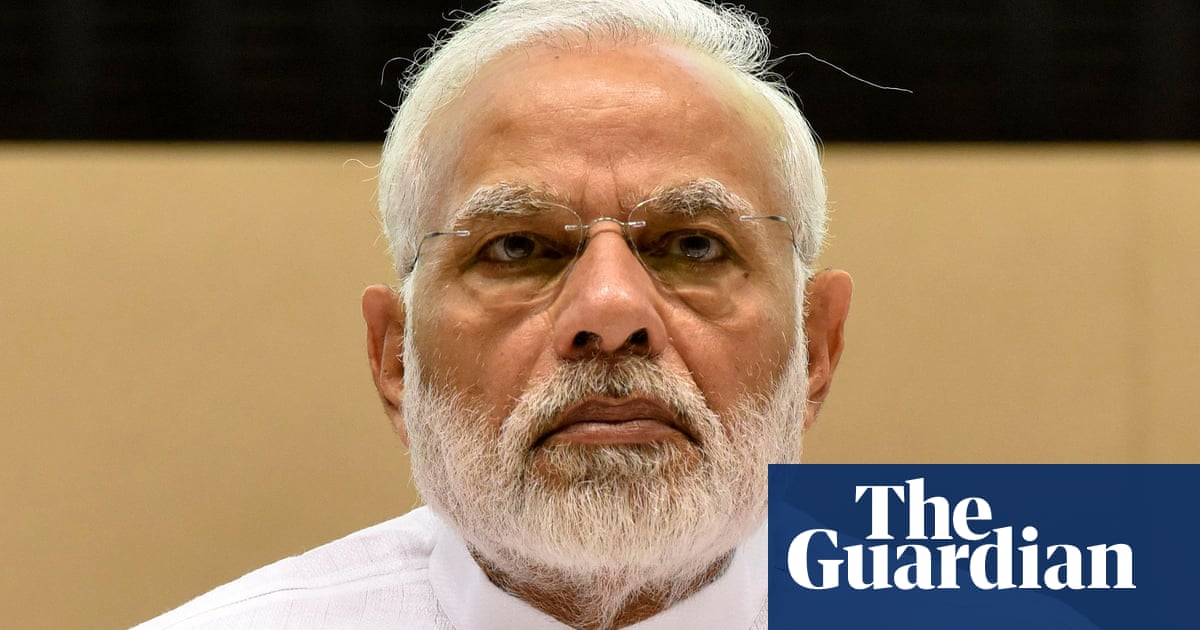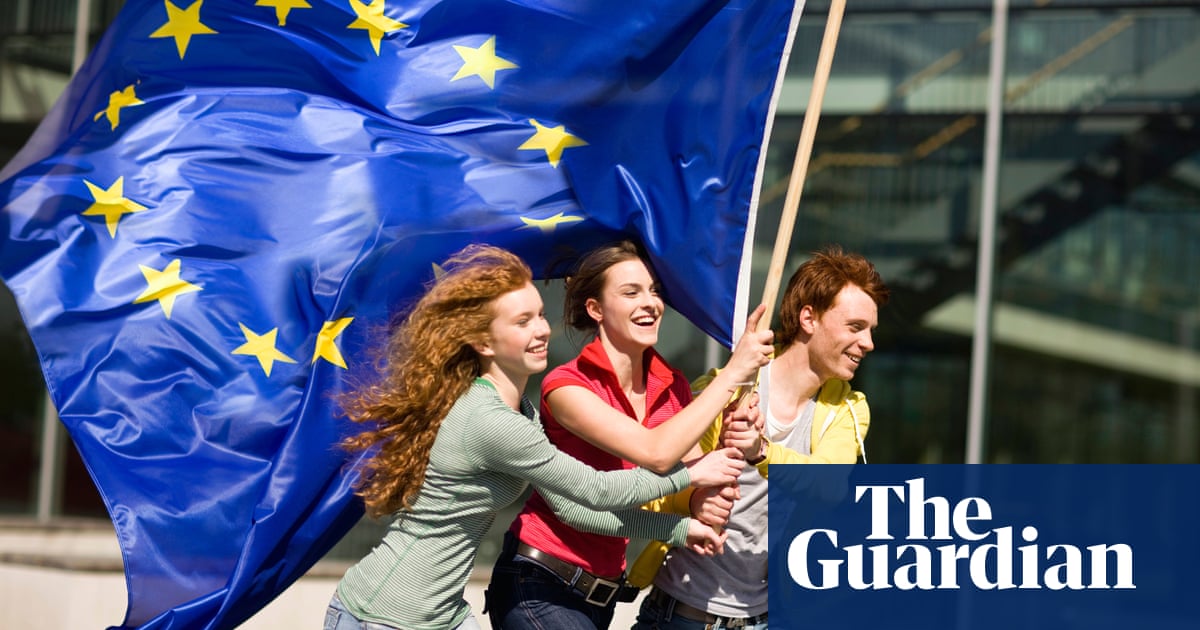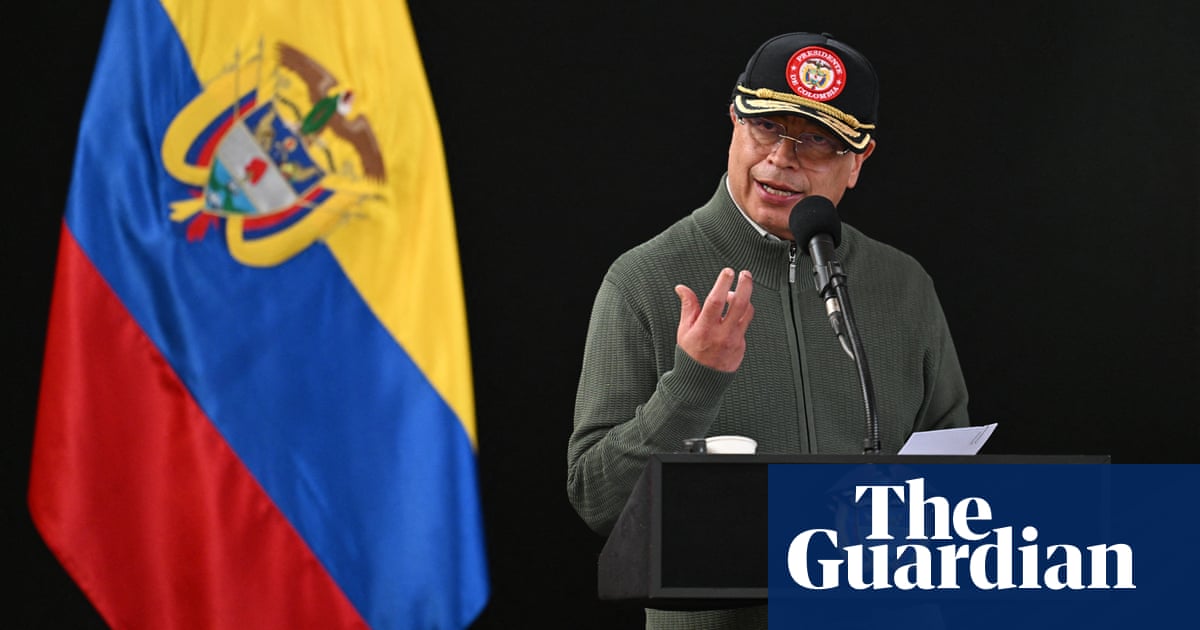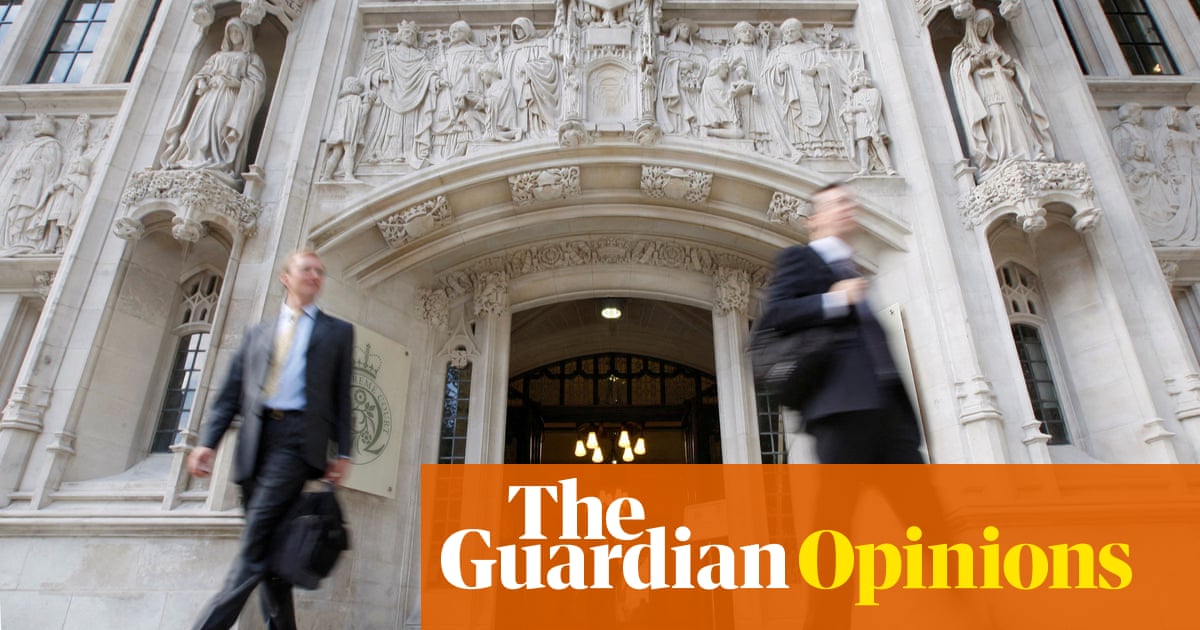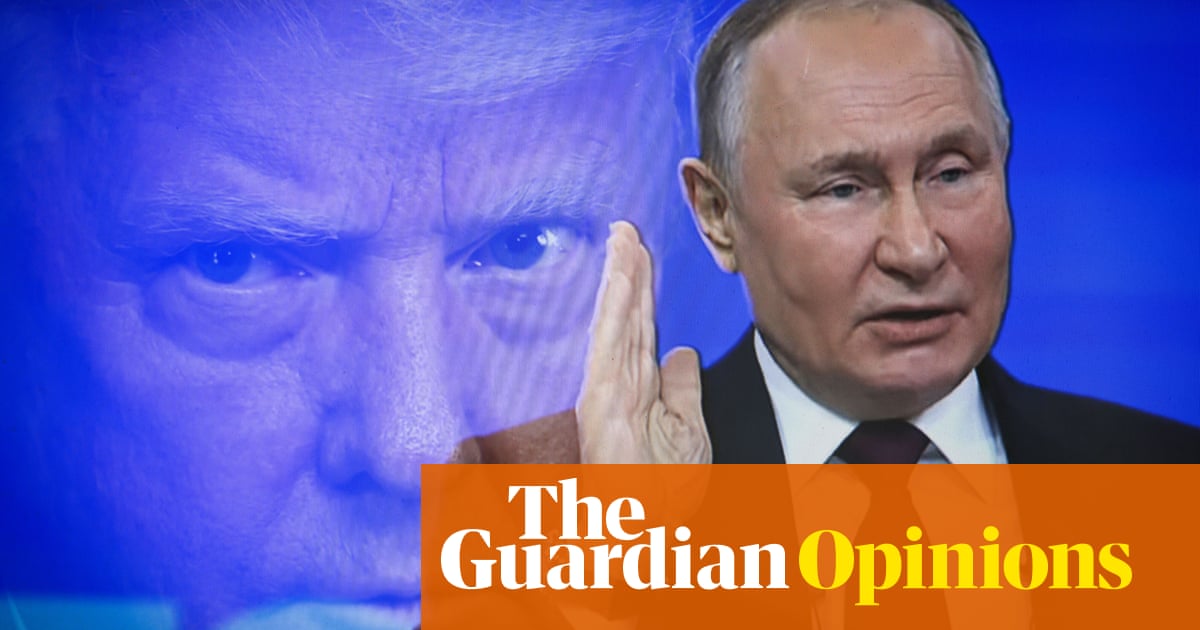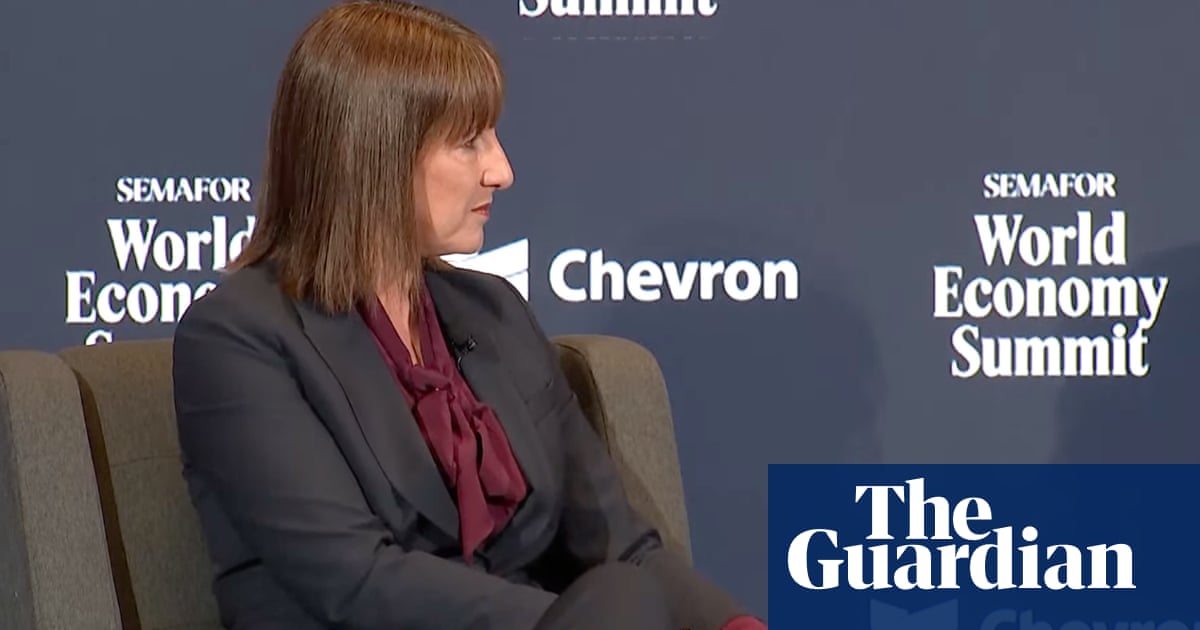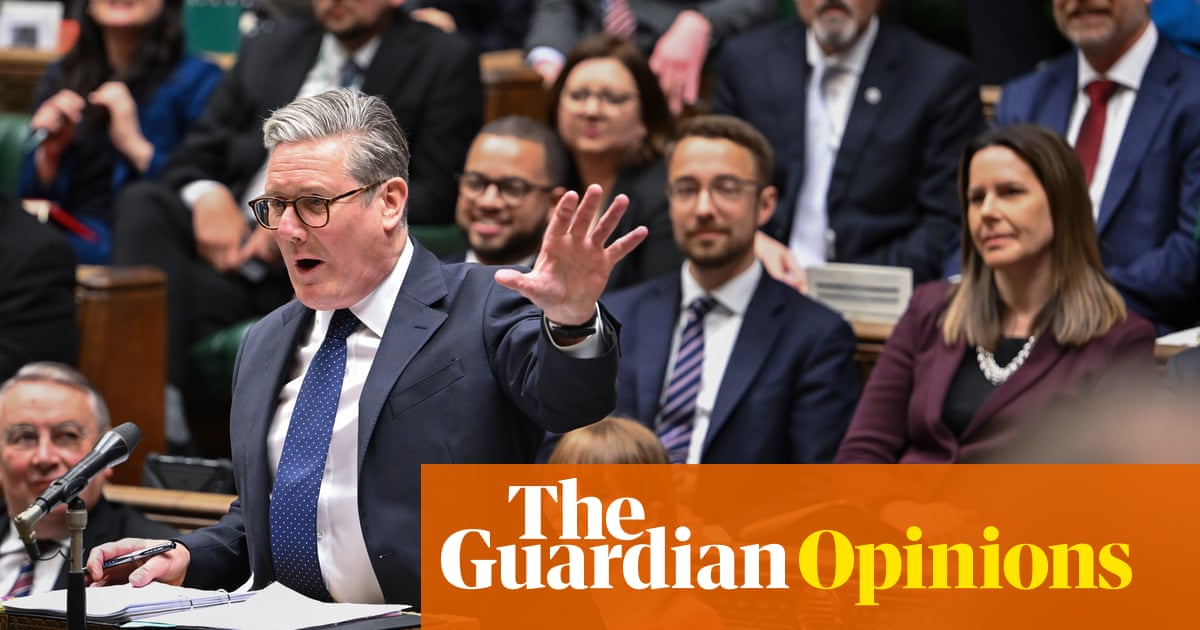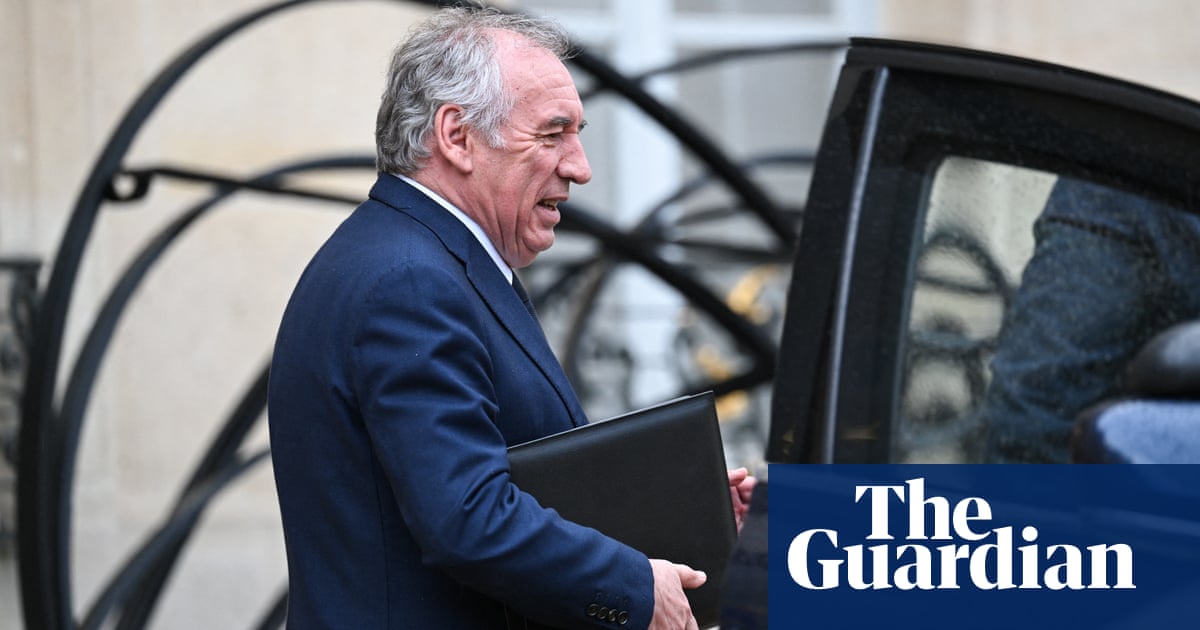Five years since leaving the European Union, Britain is still negotiating Brexit. This time next year, Britain will still be negotiating Brexit. And for every foreseeable year after that.
That isn’t a comment on the scope of the “reset” in relations that Starmer outlined at a Brussels summit this week. It is a statement of fact that Britain is tethered to the EU by forces of geography, economics and geopolitics, and those factors didn’t cease to exist when membership of the club was terminated. And since the European project is always evolving in response to global events, Britain will also continually seek adjustment to the terms of the relationship.
Starmer’s reset is just the first of many. His ambitions also happen to be relatively modest. He has chosen to operate in a claustrophobic niche, trying to expand cooperation in Brussels without rubbing against Eurosceptic sensitivities back home.
The prime minister’s opening bid is a new security partnership, which is something the EU wants from Britain and that isn’t covered by the trade and cooperation agreement that Johnson signed in 2020.
Closer cooperation on defence is intended as the first easy step in a new relationship, building trust and serving a mutual interest, without getting into a messy relitigation of the economic divorce settlement. Most EU governments agree with this approach. They see plenty of reasons in a scary, volatile world to receive Starmer’s overture with open arms.
Russia is waging a war of territorial aggression on the continent’s eastern flank. The Kremlin runs campaigns of systematic sabotage and malign influence to destabilise European democracies. Donald Trump is blowing up the foundations of the transatlantic alliance. It isn’t yet clear what if any function the US president sees for Nato, but his talk of Denmark ceding Greenland and Canada becoming the 51st state of the US demonstrates that the new White House regime has no concept of relationships based on reciprocal interest or alignment by values. Where once there were treaties, now there is a mafia-style protection racket. Pay tribute to the boss in the Oval Office, or take a punishment beating in tariffs.
Britain’s military and intelligence capabilities are no substitute for the US guarantees that have underwritten European security since the middle of the 20th century. But they are hefty by EU standards and respected in the Pentagon (or at least not dismissed as irrelevant). That gives the authors of Labour policy a glimmer of hope that London could revive its old function as the mediating voice between Washington and Brussels.
A new, optimistic post-Brexit concept of UK-EU relations comes into view: closer partnership in areas of collective strategic interest – defence, energy security, migration, climate – starts a virtuous cycle of confidence, leading to reduced friction in trade and a growth dividend from more fluid cross-border commerce. Except that second bit has to be achieved without smudging sacred red lines that prohibit return to the single market or customs union. And that imposes a familiar cap on any gains from closer economic integration.
The basic equation hasn’t changed. Access to European markets is priced in alignment with European rules, and it isn’t a pick-and-mix counter.
There is some flex at the margins. Everyone seems to agree that a veterinary agreement to lubricate agricultural exports is available, for example. And there are precedents for selective participation in the single market. Switzerland has a bespoke deal, but it involves contributions to the EU budget and freedom of movement – unspeakable concessions in the present climate of British politics.
Such is the aversion to anything that smells like liberal migration policy that ministers publicly flinch at the mention of even a time-limited, quota-controlled youth mobility scheme. (Privately some say a deal can easily be done on that score. Others say the home secretary is implacably opposed and No 10 is either unwilling or unable to adjudicate.) Youth mobility, something the German government is particularly keen on, has become one of the EU’s opening demands in the reset talks. Another one, pushed to the top of the agenda by the French president, Emmanuel Macron, is access to British fisheries.
And so the neat sequence that envisaged a fairly uncontroversial defence pact unlocking the door to a grander bargain is morphing into another tangled, multitrack Brexit-infused negotiation. Starmer wants to talk about a new chapter in cross-Channel partnership, but it turns out that first he has to wrangle over cod.
That isn’t just frustrating for the prime minister. There are voices in the European commission and national governments urging a less fussily bureaucratic, more creative conversation about a future role for Britain in the wider European project. The UK has a friend in Donald Tusk, the Polish prime minister who holds the rotating presidency of the Council of the European Union.
But Starmer hasn’t given his continental allies much to work with. The wave of relief at no longer having to deal with Conservatives, and enthusiasm at the prospect of a more amenable Labour government, has subsided. There is enduring gratitude that Starmer’s Downing Street is not in thrall to a cult of anti-Brussels paranoia, but the prime minister’s inscrutability is a different kind of barrier. In Whitehall he is known to be suspicious of abstract ideas and loftiness, which he sees as distractions from the practical business of problem-solving. That trait, which friends see as admirable aversion to bullshit and demagoguery, leaves audiences – domestic and foreign – unsure of how a list of individual policies combines to form a bigger picture.
It is possible to manage EU relations without such a thing. The existing Brexit deal already contains a timetable of deadlines for implementation, reviews and renewals. The negotiation train will keep trundling down the line regardless of whether the prime minister has a fixed destination in mind. Some officials and politicians, in Whitehall and Brussels, think more can be achieved without one; that grand visions and soaring rhetoric only drive up the political temperature, interfering with a process that works best when boring and technical, when no one is paying attention.
That is true up to a point – a point reached around the time when Trump returned to the White House. There is now a national interest and a moral imperative in Britain strengthening alliances that are governed by law and treaty, not coercion and extortion. Urgent mutual interest drives the EU and Britain towards common ground across a range of issues. And yet the undertow of institutional inertia and political timidity pulls the other way. Pro-Europeans are left hoping for an infusion of political will and imagination, waiting for a feat of leadership, afraid that time is running out.
-
Rafael Behr is a Guardian columnist

.png) 2 months ago
20
2 months ago
20
